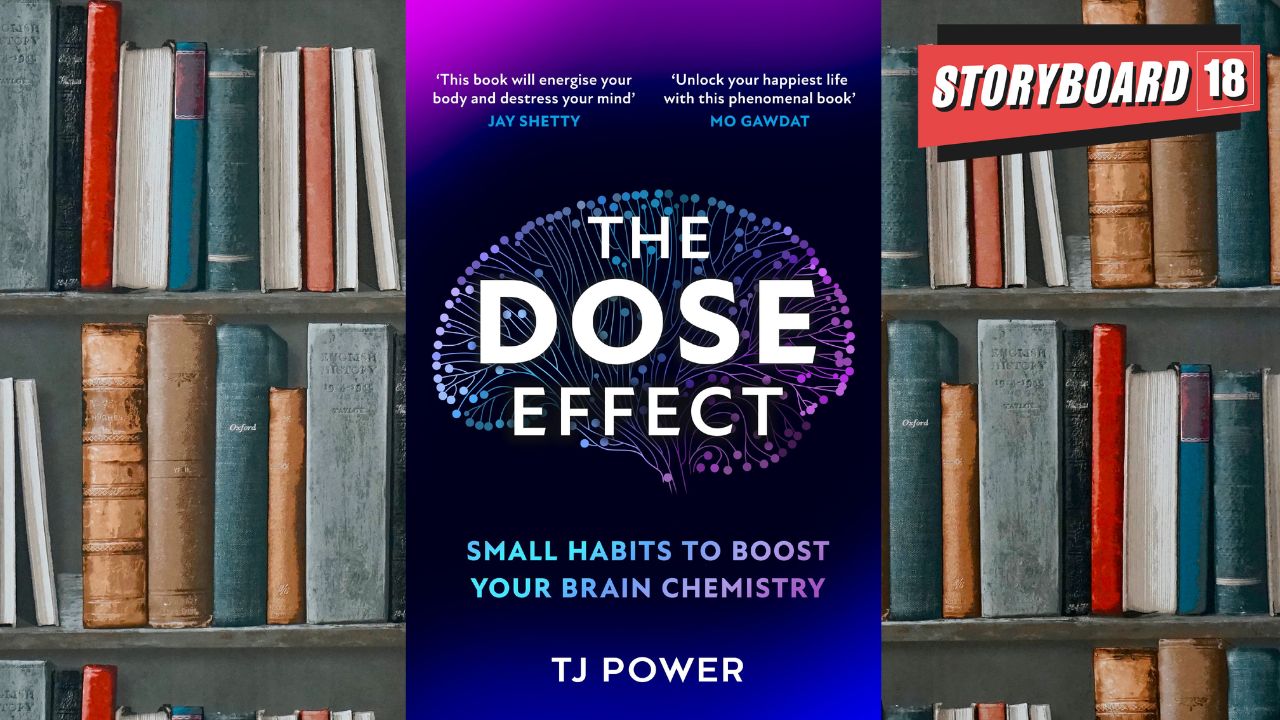T.J. Power’s “The Dose Effect” weaves a compelling narrative around the delicate balance of brain chemistry.
There have been titles such as “The Brain That Changes Itself” by Norman Doidge, which explores the remarkable plasticity of the human brain and its capacity for rewiring itself through experience and therapy, “Thinking, Fast and Slow” by Daniel Kahneman, which implicitly underscores the role of underlying neural processes in shaping our judgments and decisions and “Dopamine Nation” by Anna Lembke that delves into the neurobiological underpinnings of pleasure and pain.
But T J Power’s book is a visual experience. Here are our five Bookstrapping insights.
1. The discovery of hormones, key players in the broader spectrum of body and brain chemistry, was a gradual process. Ancient physicians recognized the influence of certain organs on behavior, but the concept of specific chemical messengers traveling through the bloodstream emerged much later. T J Power delves into oxytocin, dopamine, serotonin and endorphins in detail.
2. In an interesting supposition, Power puts hunter gatherers into the modern environment. It is evident why our dopamine level drops due to access to sugar, oxytocin level falls because of phones and social media, serotonin levels falls because of no exposure to sunlight and endorphin levels fall due to sedentary lifestyles. He also shares his personal story which makes it more engaging.
Read More: Bookstrapping: Commercial books – the ‘not so literary’ cousins of highbrow literature
3. The author highlights that our brain is a survival expert. Therefore, understanding brain chemistry is the key. It empowers us to comprehend the biological basis of our thoughts, emotions, and behaviors. This knowledge can lead to more effective treatments for mental health disorders and foster a greater appreciation for the intricate and delicate balance that governs our inner world.
4. Reading this book reminds us that recognizing the power of neuro-chemicals allows for more informed discussions about the ethical implications of manipulating these systems and encourages a more compassionate and scientifically grounded approach to understanding the human condition.
5. Making deep social connections, exercise, eating healthy, reading books and having a purpose are the natural forms of happiness, says TJ Power.
TJ Power has a Masters in psychology and runs the DOSE Lab. He also runs Neurify, a health and performance training company. In the book he offers techniques to stack your doses and improve your effectiveness. Its written for the young consumer- and TJ uses his understanding of neuroscience in the layout of the book to begin itself and the structuring of his chapters.
Reeta Ramamurthy Gupta is a columnist and bestselling biographer. She is credited with the internationally acclaimed Red Dot Experiment, a decadal six-nation study on how ‘culture impacts communication.’ Asia’s first reading coach, you can find her on Instagram @OfficialReetaGupta.
